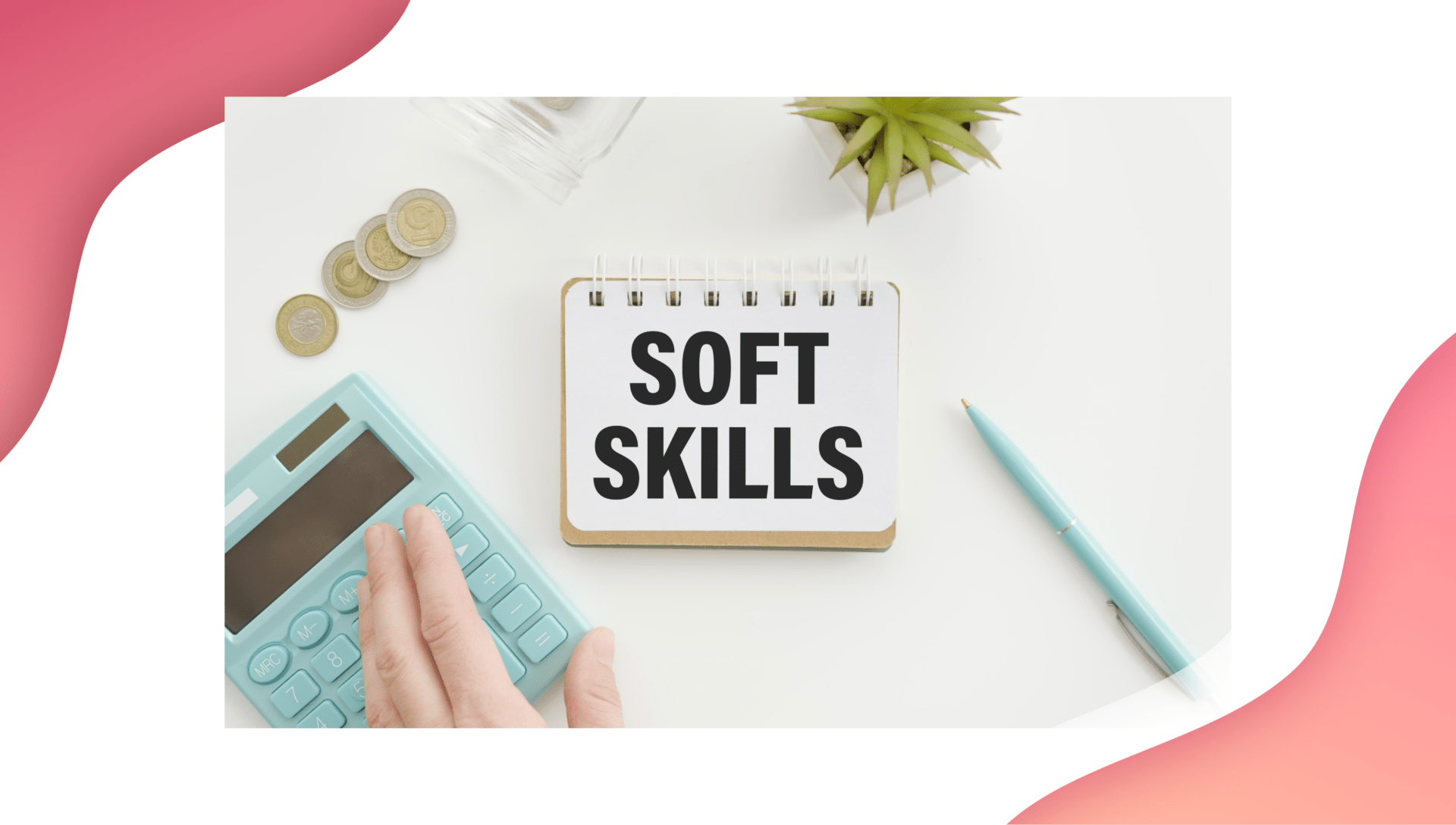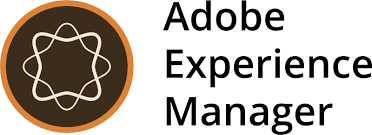You can list “excellent communication abilities” on your resume, but unless you contact the hiring manager, there is no way to know if they are true.
Soft skills can be tricky to assess accurately compared to hard skills, which present a more straightforward way for employers to judge knowledge and understanding. The strength of someones soft abilities, however, might be far more difficult to measure.
Employer productivity is increased and a high degree of professionalism is promoted by workplace skills. It helps to demonstrate that you have these skills on your CV if youre seeking employment.
Employees can develop and enhance these talents to perform better at work.
Let’s examine some of the vital Soft Skills that every employee needs; be it teamwork or communication skills, or other skills.
Communication Skills
You cant really escape the most important skill i.e the communication skill!
Seems obvious, the way you communicate says alot about you!
Lets begin by stating the obvious. When talking about soft skills, communication abilities are frequently the first thing that comes to mind. They demonstrate your capacity for teamwork and effective interpersonal communication.
The “team player” cliche on resumes exists because of the readily given emphasis on communication abilities. Naturally, businesses look for “team players” since they are essential in achieving the organisations overall objectives.
But firstly to get into the team, you need to win over the selection process. For that, start telling your story in a better way with a compelling cover letter that details why youre a perfect fit, follow up with a phone screen and in-person interview where you can reaffirm your fit.
Arrive promptly, adhere to instructions, and provide straightforward responses to all inquiries.
Throughout the interview process, demonstrate your communication talents rather than supporting yourself with an outdated cliche.
Problem-solving Skills
You are a perfect fit for an organisation but dont know how to deal with a corporate problem! Then, do you think you will survive within the organisation?
Every organisation is on the lookout for possible new hires who can solve problems. By demonstrating that you have these abilities, you give people confidence in your independence. To come up with appropriate solutions, you must have the ability to evaluate problems and pinpoint their root causes. These abilities also enable you to solve problems quickly and permanently, which is critical in todays workplaces.
Critical Analysis
When you were a child, do you recall how often your parents would yell at you, “WHAT WERE YOU THINKING?”
However, you had a valid defense while you were younger since your capacity for critical thought was still growing. But now that youre an adult, the capacity to weigh the pros and disadvantages of the best action to take should have been more firmly established.
Your capacity for applying knowledge to the proper context and figuring out how to best achieve desired objectives is represented by your critical thinking. Strong critical thinking abilities help firms grow. Therefore employers are keen to hire those individuals. Employers regularly use aptitude tests during the hiring process to gauge applicants critical thinking skills due to their importance.
Negotiation Skills
Any employee should be able to negotiate effectively. You require negotiation abilities to close transactions with clients, resolve conflicts among coworkers, discuss contract terms, or attempt to stretch project deadlines.
To discuss a raise or promotion with your boss, for instance, you need to have great negotiating abilities. Assigning duties to team members or creating contracts with clients both require negotiation abilities. A skilled negotiator takes into account the other party when trying to come to a compromise.
Time Management
Priorities might be set by managers, but its your responsibility to decide how to use your time effectively. Priorities are done to manage your time.
Because time management increases productivity and ensures that everything is completed on time, time management is a very valuable soft skill. Maintaining customer satisfaction and expanding a firm depend on meeting deadlines.
Prioritising, having a clear grasp of your own abilities and shortcomings, and being able to delegate or seek assistance when required are all essential components of effective time management.
So, attain this soft skill by responding to emails promptly, be on time for your interview, and be well-prepared to show that you have excellent time management skills.
Leadership Skills
Effective leadership goes beyond assigning duties to team members, overseeing projects, and setting deadlines. In order to achieve business objectives, it also entails accepting obligations and producing outcomes. Although, you dont need to be advanced at your managerial role, you should be effective in demonstrating your leadership qualities at your work.
To demonstrate leadership qualities at work, though, you dont need to be advanced to a managerial role.
By setting a good example, you may demonstrate leadership in any situation. The success of the business depends on your capacity to lead by example, inspire, and uplift your team members at all times.
Technical Skills
Technical expertise is essential for every workplaces day to day operations. These abilities vary greatly between jobs and industries, yet they occasionally are transferable. Understanding data analytics, for instance, is a technical skill that may be used in a variety of roles.
Technical competencies are quantifiable capabilities that are unique to a job or sector. One technical skill that can only be successfully performed by qualified medical experts is performing surgery on a patient. Jobs requiring a high level of technical expertise are frequently found in the IT, mechanical, scientific, and medical fields.
Adaptability
The business community is making every effort to stay up with the rapid changes in the world. Hard talents deteriorate more quickly than ever before. And for this reason, one of the key soft talents that companies are searching for is adaptability. Being extremely adaptable enables you to make up for rapidly evolving skill sets.
Discuss your interest in the field, desire to learn, and your interest to broaden your horizons in the interview that helps in depicting that you are highly adaptable to the organisation.
Creative Skills
The ability to approach an issue with ideas and a solution-focused imagination is what is meant by creativity. Being creative entails trying something out with a novel approach, coming up with innovative solutions to problems, and making up last-minute plans.
Employees with creativity constantly scrutinise procedures and search for methods to enhance them. People who are creative problem solvers are highly valued by employers.
Teamwork Skills
An organisational skill that helps to overall success is teamwork. Embracing other team members ideas, sharing responsibilities, and paying attention to team members contributions are all examples of teamwork skills. Plans and objectives are better carried out when a team is involved.
Conclusion
It is more important than ever to have a blend of both hard and soft skills. While your hard skills might get you in the door, it is your soft skills that will help you excel and climb the corporate ladder.
Unlike hard skills, soft skills can be developed through practice and constant self-improvement.
If you are lacking in some of these areas, dont despair—with a little time and effort, you can develop them too!
by Rachel Lawson
























